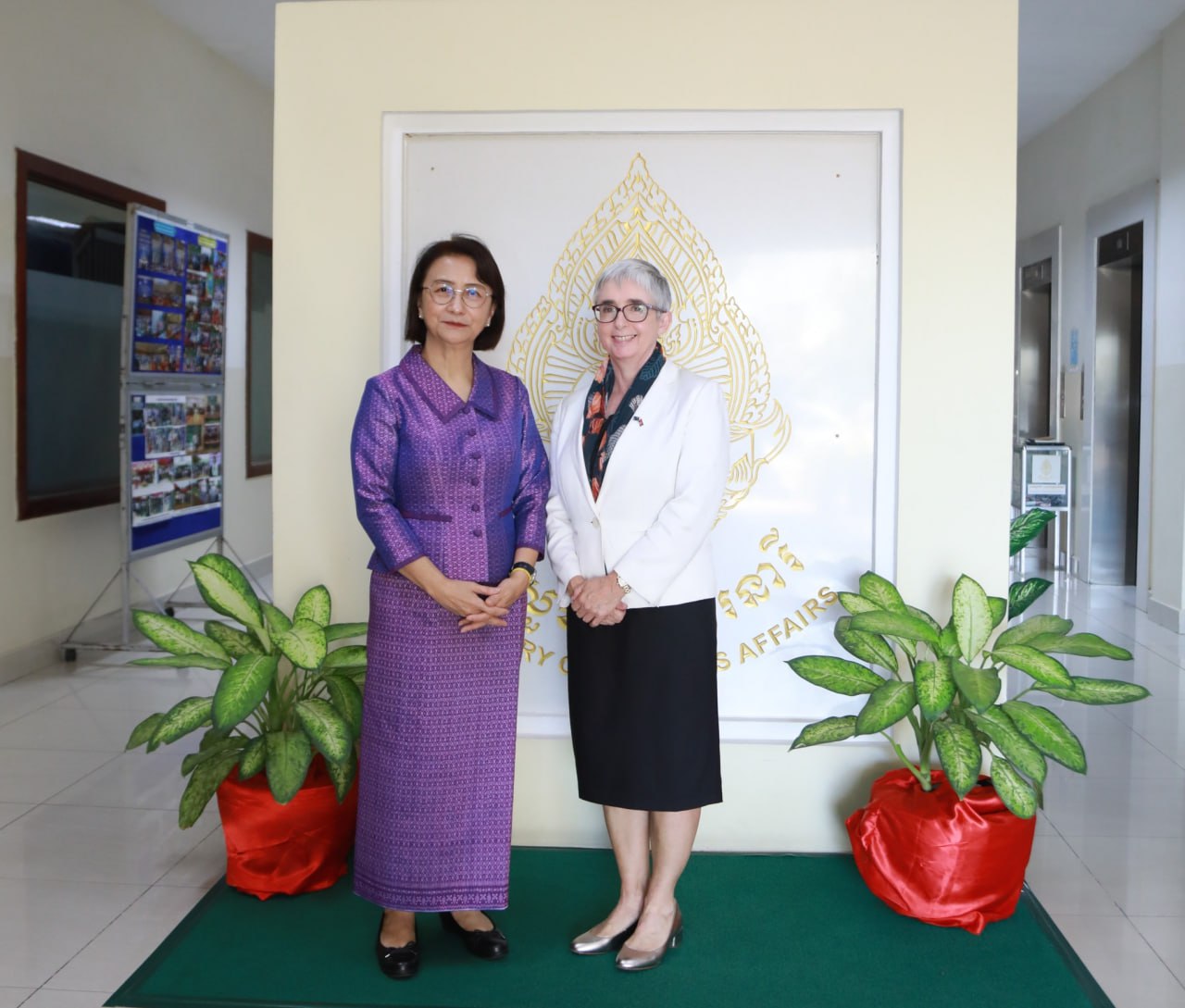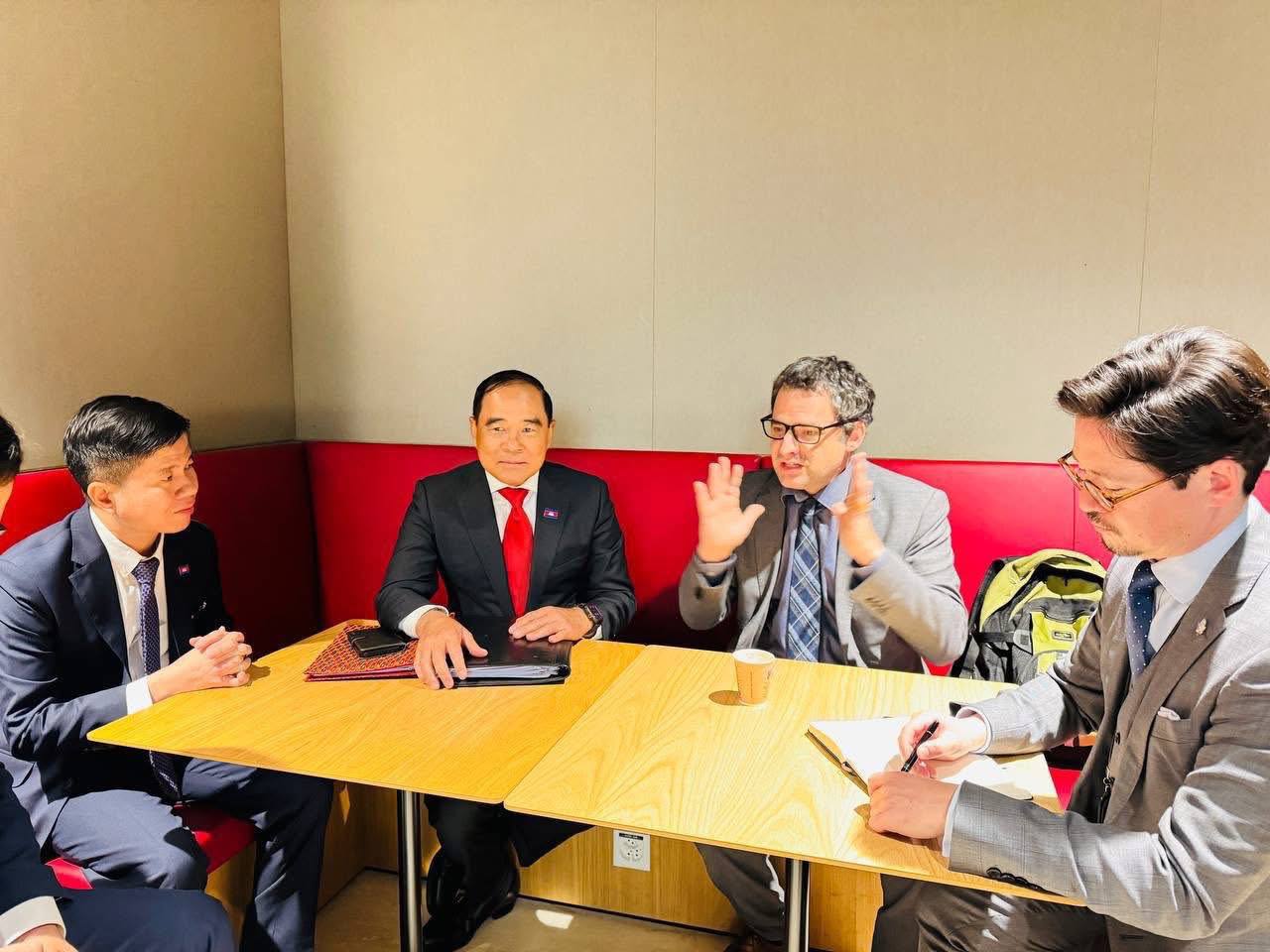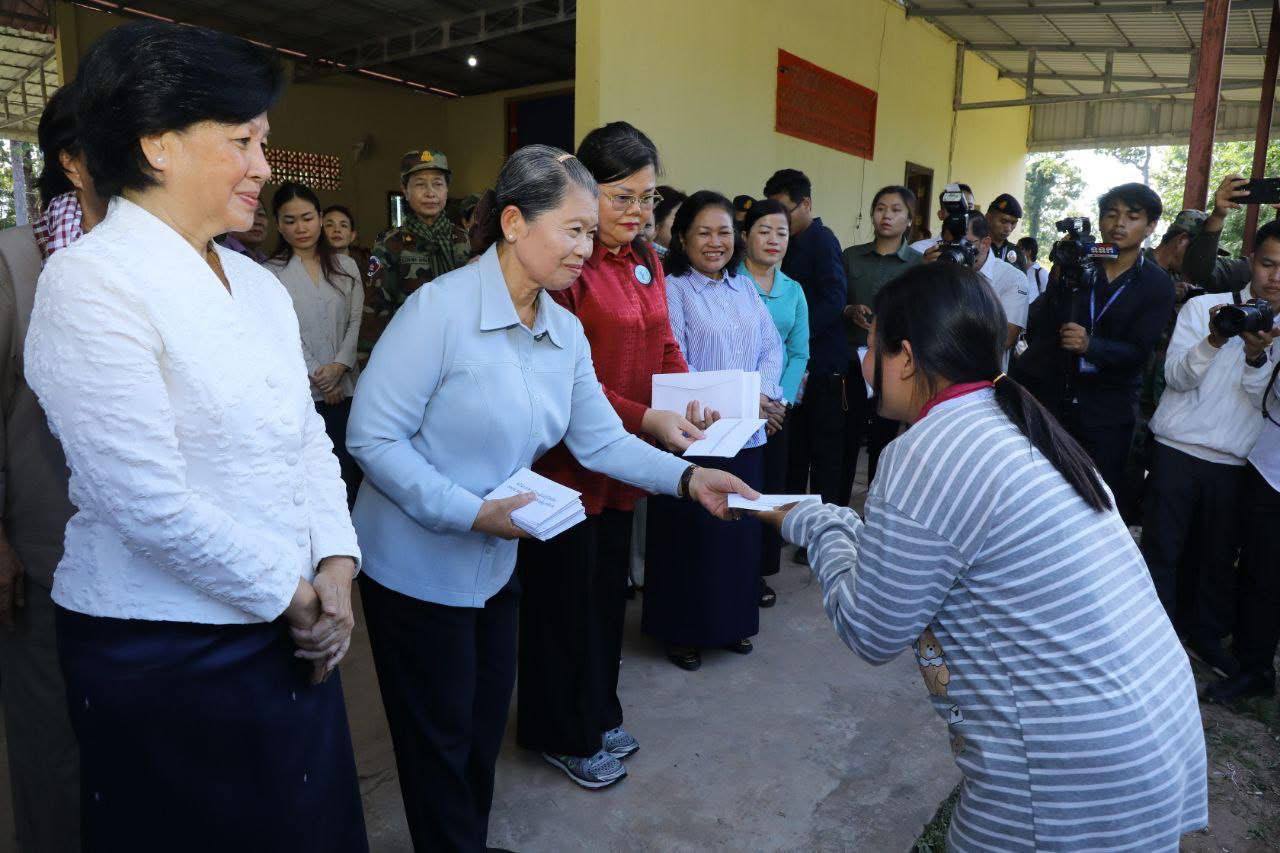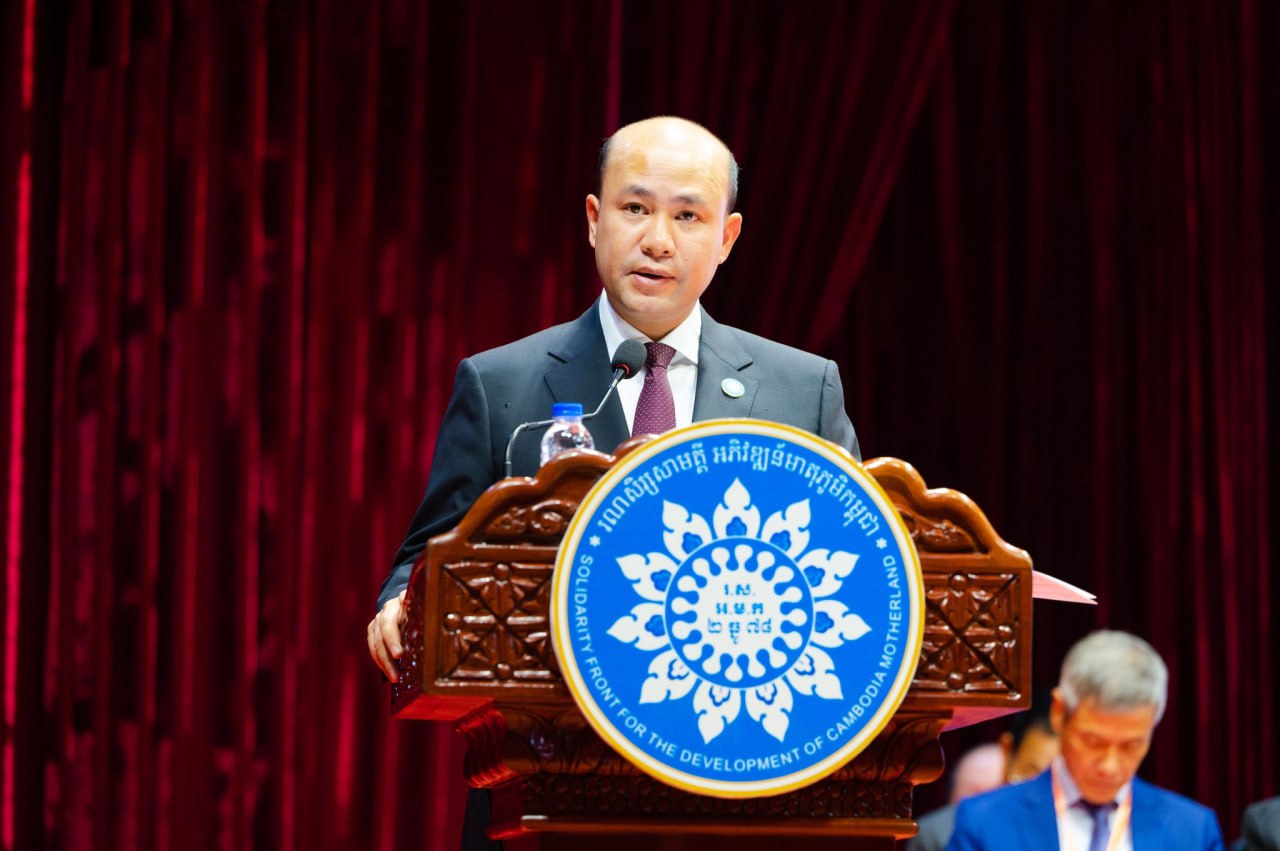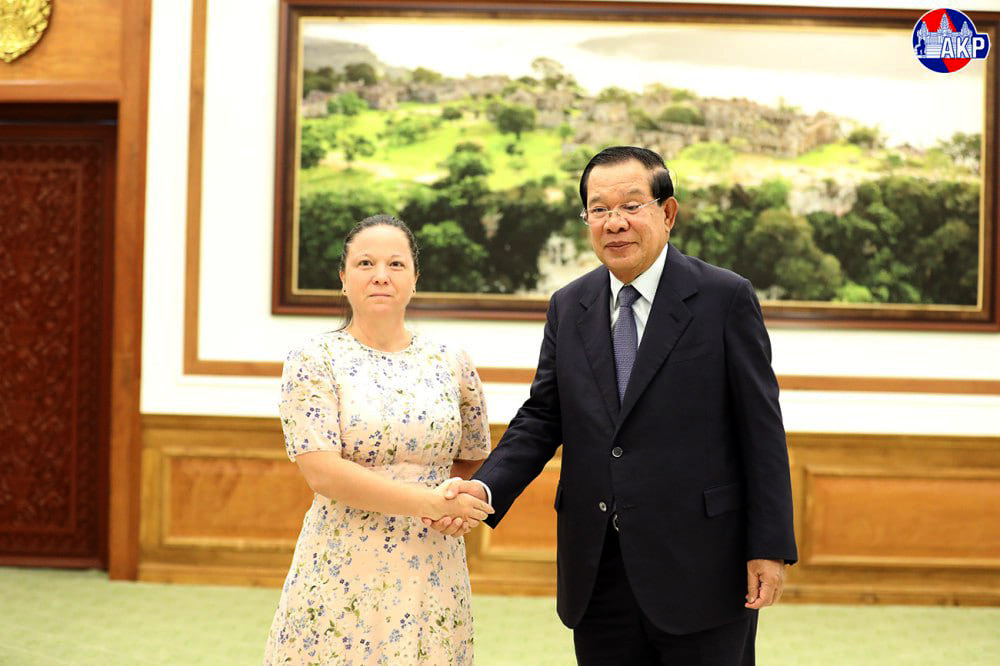OPINION: Role of the Thai Military: From Good to Bad Examples
AKP Phnom Penh, October 09, 2025 --
According to the Editorial of The Jakarta Post entitled “Thai military’s bad example” on 16 September 2025, “A closer look at universally accepted norms reveals that Thailand's military-backed system should be seen as a bad example”.
Meanwhile, the Thai military has also been a good example in the past. This negative change requires an academic debate based on reason and evidence.
1-A good example of Thai military
A good example of Thai military can be found in an academic work of Phromnachanok Ketphan entitled “Royal Thai Army's Role in De-escalating the Thai-Cambodian Border Dispute: A Case Study of Suranaree Command (2012-2022)”, Master Degree in International Relations, Chulalongkorn University, 2022.
Ketphan wrote that: As witnessed from 2008 to 2011 in the case of the Preah Vihear temple, boundary demarcation can become securitised and lead to armed clashes. This paper aims to analyse how the Suranaree Command, one of the RTA's border defence units, has performed its de-escalation efforts on the contentious Thai-Cambodian border.
This research investigates the Command's performance from 2012 to 2022, along with other agencies which operate on the same border. The study revealed that the Suranaree Command's military operations primarily involve reconnaissance and surveillance to detect any upcoming issues and solve them promptly with Cambodian counterparts. Still, the unit cannot solve prolonged issues, such as boundary demarcation, because of its “limited authority”.
This makes military and non-military agencies establish various mechanisms to enhance cooperation between the two countries to create a more peaceful and friendly border environment for forthcoming diplomatic meetings. (Ketphan, Royal Thai Army's Role, p. iv).
The author further wrote: The overall de-escalation efforts of the Yingluck administration have centred on the ICJ provisional measures in 2011 to withdraw troops and order ceasefires. Both sides benefited from peace and avoided risky decisions to ease domestic tensions. While Yingluck may seem to have a firm stance not to use the issue to gain political support like the previous administration, complying with the ICJ means maintaining good relations with Hun Sen while not risking further casualties in clashes. (Ref. Ketphan, Royal Thai Army's Role in De-escalating the Thai-Cambodian Border Dispute, 2022, p.20).
Thai military with “limited authority” enhanced cooperation between Thailand and Cambodia to create a peaceful and friendly border environment. This is really a good example for ASEAN.
2-A bad example of Thai military
The above Editorial of The Jakarta Post concluded that: “Despite being a founding member of ASEAN, Thailand often distances itself from the regional bloc's policies, maintaining a significant economic and military influence on its neighbours, particularly those with whom it shares a border”.
“Ultimately, the Thai military's offer of a legally sanctioned yet undemocratic path to power is a dangerous and tempting blueprint for leaders across the region. The power grab in Thailand will only weaken the collective democratic aspirations of ASEAN. As a founding member, Thailand’s political instability undermines the regional bloc's principles of democracy, rule of law and good governance outlined in the ASEAN Political-Security Community (APSC) blueprint”.
3-Thailand’s Pre-Conditions Threaten Peace and ASEAN
A Khmer Times’ article today wrote that: When Thai Prime Minister Anutin Charnvirakul declared that Thailand would not engage in dialogue with Cambodia until Phnom Penh “withdraws its troops,” “removes invaders,” and “cleans up Thai soil,” he was not charting a path toward peace. He was setting the stage for confrontation”. (Khmer Times, Ultimatums Are Not Diplomacy: Why Thailand’s Pre-Conditions Threaten Peace and ASEAN Stability, Thursday 9 October 2025).
Thai above pre-conditions clearly show that Thailand distances itself from the regional bloc's policies.
4-Appeal to the Thai military and government to respect the dignity of Cambodian citizens
The recommendations of the ASEAN Eminent Persons Group (EPG) on Vision 2020 concluded with these two main points:
125. When basic needs (of food, education and health) are met, and “when citizens feel safe and secure at home”, threshold values of individual “dignity and security” become more important. When there is association, people experience a sense of belonging and neighbourliness.
126. ASEAN must not just remain relevant as an economic organisation, but must endeavour to remain relevant as a “community of nations devoted to peace, freedom and justice” in an increasingly shaky world. (Recommendations of ASEAN EPG 2020, p. 43).
Briefly, ASEAN member State should adopt a policy of promoting ASEAN community spirit among all peoples of ASEAN.
As a member of the ASEAN EPG 2020, I call on the Thai military and government to immediately stop violating the dignity and security of Cambodian citizens in Cambodian territory along the Cambodia-Thailand border.

Prof. SORN Samnang (L) in Manila, the Philippines in early 2000

Prof. SORN Samnang
Member of ASEAN Eminent Persons Group on Vision 2020
President of Cambodian Historians Association
Thursday, 9 October 2025
(The views expressed in this article are those of the author)

